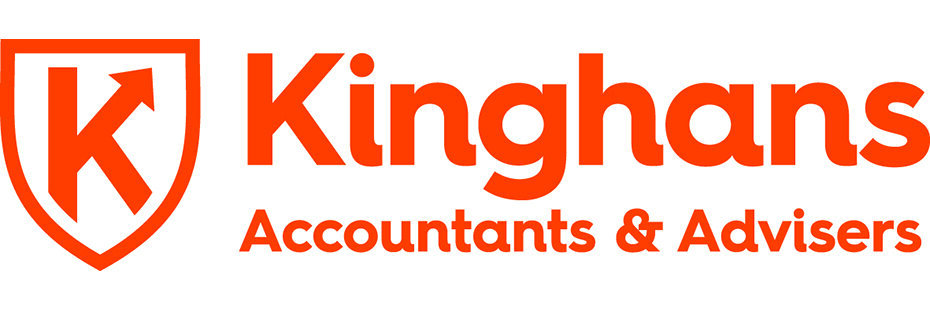What is AML/CFT Act?
From 1 October 2018, New Zealand’s accounting firms will need to comply with the requirements of Anti-Money Laundering and Countering Financing of Terrorism Act 2009.
The AML/CFT programme is based on the risk assessment for the business and sets out the internal policies, procedures and controls necessary to detect money laundering and financing of terrorism (ML/FT) and to manage and mitigate the risk of it occurring.
Money laundering is a process where 'dirty money' received from criminal activities, such as misuse of drugs, theft and tax evasion, is passed through legitimate businesses and turned into 'clean money'. It is a significant problem, both here and worldwide.
Anti-money laundering and counter-terrorism financing legislation is being implemented in New Zealand and Australia in two phases. Phase 1 has been in effect for a number of years and applies to banks, casinos and a range of financial service providers. When Phase 1 commenced, the intention to extend the legislation to cover accountants and other designated non-financial businesses and professions (DNFBPs) was signalled. Many accountants have initially been exempt from Phase 1 of the regime.
Phase 2 in New Zealand has brought the accounting profession into the regime. This will enable New Zealand to meet its obligations as members of the Financial Action Task Force by bringing them into line with international best practice. Phase 2 of the regime commenced in New Zealand for accountants from 1 October 2018.
The supervisor of all Phase 2 reporting entities is the Department of Internal Affairs (DIA). It has released a Phase 2 Sector Risk Assessment (SRA) which assesses the risk of money laundering and terrorism financing occurring within the accounting profession as medium-high. This is consistent with international experience and expectations.
Accountants Obligations
An accounting practice that, in the ordinary course of business, carries out one or more of the activities described in the definition of "designated non-financial business or profession" in section 5(1) of the Act.
Appoint a Compliance Officer to administer and maintain the AML/CFT programme
Produce a written risk assessment that addresses the risks the reporting entity may reasonably expect to face
Establish a written AML/CFT programme based on the risk assessment containing internal procedures, policies and controls to address AML/CFT risk
Perform customer due diligence (CDD) including verifying customer identity
Report suspicious activities to the New Zealand Police's Financial Intelligence Unit (FIU)
Report prescribed transactions (domestic cash transactions of $10,000 or more and international wire transfers of $1,000 or more) to the New Zealand Police’s Financial Intelligence Unit (FIU)
Submit an annual report to the AML/CFT supervisor
Obtain an assurance engagement over the risk assessment and AML/CFT programme every two years.
Supervision
New Zealand follows a multi-agency supervision model.
The Reserve Bank (RBNZ) - banks, life insurers, and non-bank deposit takers
The Financial Markets Authority (FMA) - securities, trustee corporations, futures dealers, collective investment schemes, brokers and financial advisers
The Department of Internal Affairs (DIA) - all Phase 2 reporting entities (accountants, lawyers, real estate agents, conveyancers, high-value dealers and the NZ Racing Board), casinos, money changers, trust and company service providers, and other reporting entities not covered by the RBNZ or the FMA.
Penalties
A reporting entity that commits an offence under the Act is liable, if convicted, to a fine of up to $5 million.
An individual who commits an offence under the Act is liable, if convicted, to up to two years imprisonment and a fine of up to $300,000.
Source: DIA
For more information Contact us
